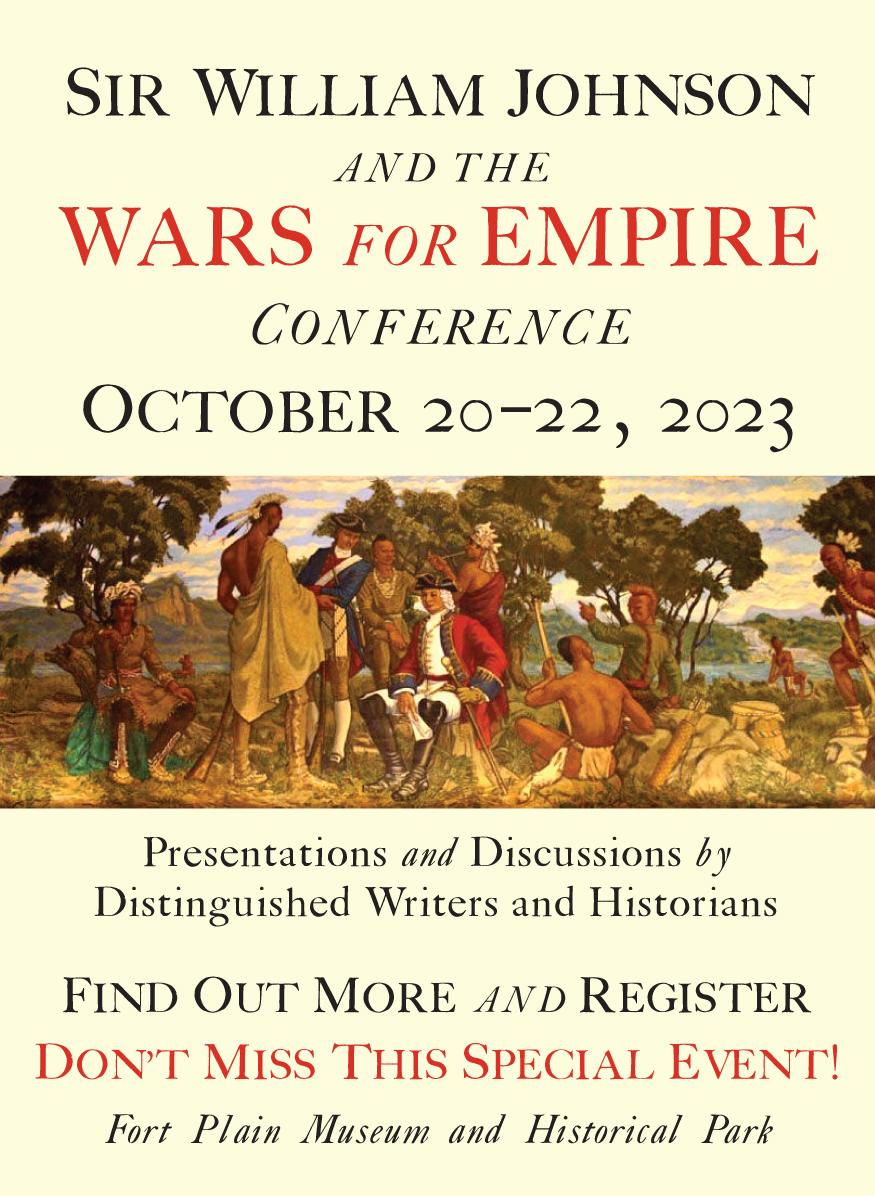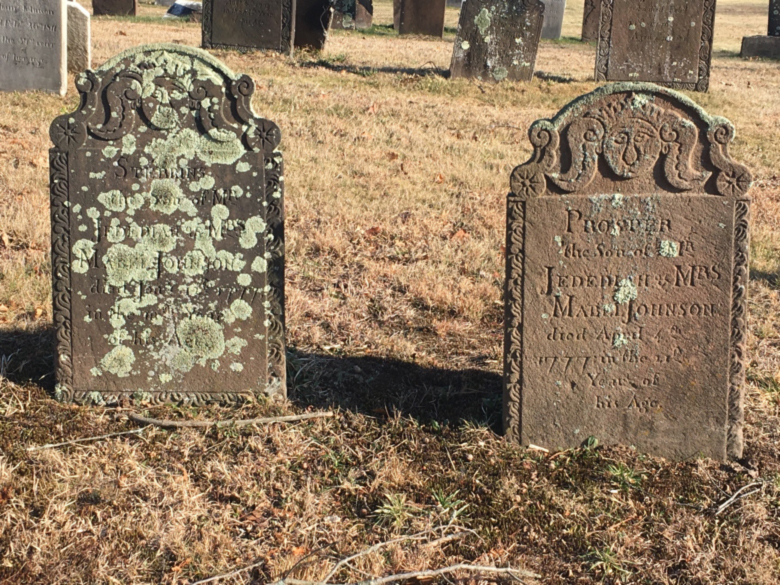Book review: The Ides of War: George Washington and the Newburgh Crisis by Stephen Howard Browne (University of South Carolina Press, 2016)
The Ides of War is an in-depth analysis of the Newburgh Crisis. The author, Stephen Howard Browne, is a professor of rhetorical studies and his expertise informs his analysis of Washington’s Newburgh Address in a unique way that a garden variety historian would not be able to provide. He proves that the speech itself was emblematic of Washington’s character and that it was a pivotal moment in America’s history because it quelled the increasing tension between civil government and military might. In 1783, the leadership of the Continental Army was considering disbanding if the British did not leave Manhattan or not disbanding if a peace was reached in Paris. Washington’s speech was vital to the survival of the dream of a republican civil government.
Browne uses the assessment of past political giants such as Thomas Jefferson and Andrew Jackson as well as our contemporary experts to provide a clear picture of Washington’s character. Washington’s positive qualities – prudence, leadership, patriotism, discipline, and humility – are easy enough to write about. The admiration of Washington is both ubiquitous and deserved. Browne’s analysis is refreshing because he acknowledges Washington’s limitations compared to the other orators, polemicists, and philosophers of his time. This honesty is essential to his analysis as an expert of rhetoric and language.
Stephen Browne’s expertise is never more prevalent than when he is providing a step by step analysis of Washington’s Newburgh Address. Usually readers are only privy to the legend of Washington removing his glasses and making spectators weep with a comment about his years of service to his country. In The Ides of War, Browne divides the speech into sections based on the purpose and context of Washington’s words and analyzes them in a way a pure historian may not be able to. He notes that Washington was direct and without ostentation, as opposed to the words of Thomas Jefferson, Samuel Adams, and Thomas Paine. At one of the most pivotal moments in our nation’s history, esoteric philosophy, bombastic rallying cries, and witty polemics were not what we needed.
The Ides of War focuses on a particular point in American Revolutionary history, but it is replete with collateral history that provides the context for the Newburgh Crisis. The demands of the standing army in 1783 and Congresses both reluctance and inability to meet those demands are of course delved into, as are the communications circulated by the co-conspirators such as Horatio Gates. In order to fully flesh this Newburgh Crisis out, however, Browne writes about the formation of America’s financial system by Alexander Hamilton and Robert Morris. This is perhaps America’s first example of “never let a good crisis go to waste.” The other historical facts that Browne touches upon are much more digestible, in my view, because they are provided for the context of a singular event.
The Ides of War does not just teach the reader about history from the perspective of an expert of rhetoric, but also teaches the reader about rhetoric. At first glance the description of one of Washington’s arguments as “a reductio ad absurdum, expressed through a disjunctive syllogism” is intimidating, but Browne skillfully guides the casual historian through such language. The appreciation for the speech, emanating through the book, ensures that anyone who reads it will no longer underappreciate this moment in history or how important it was to the creation of a republic where a monarchy or military junta might have emerged.














One thought on “The Ides of War: George Washington and the Newburgh Crisis”
Thanks! The more I learn about Washington, the more fascinating he becomes. Haven’t seen this one in the book stores, but now I’ll keep an eye out for it.
Have you read John Avlon’s Washington’s Farewell? A pre-publication notice popped up on my Amazon recommended list just as I was finishing a piece on Washington’s Farewell for JAMR. Haven’t read it yet, but I imagine the two books would make nice bookends for a look at Washington’s political philosophy.